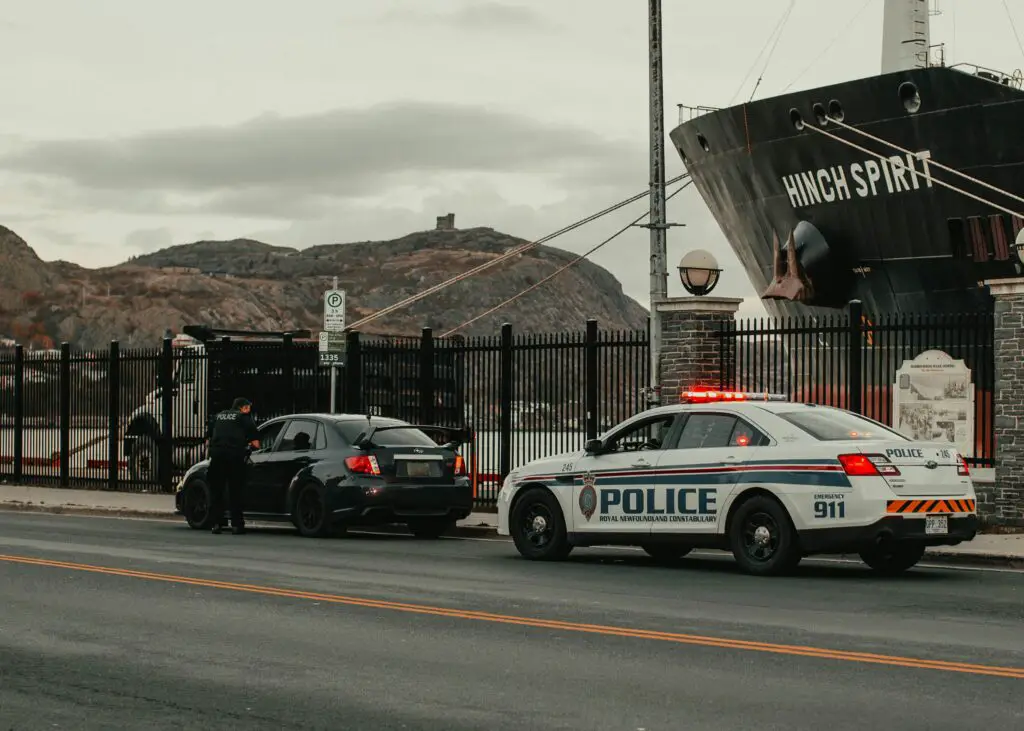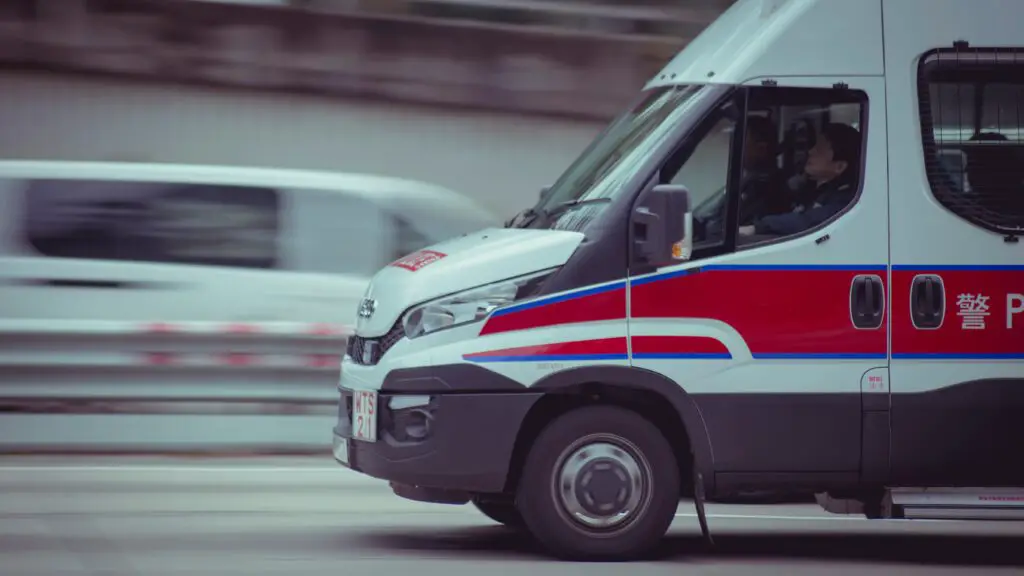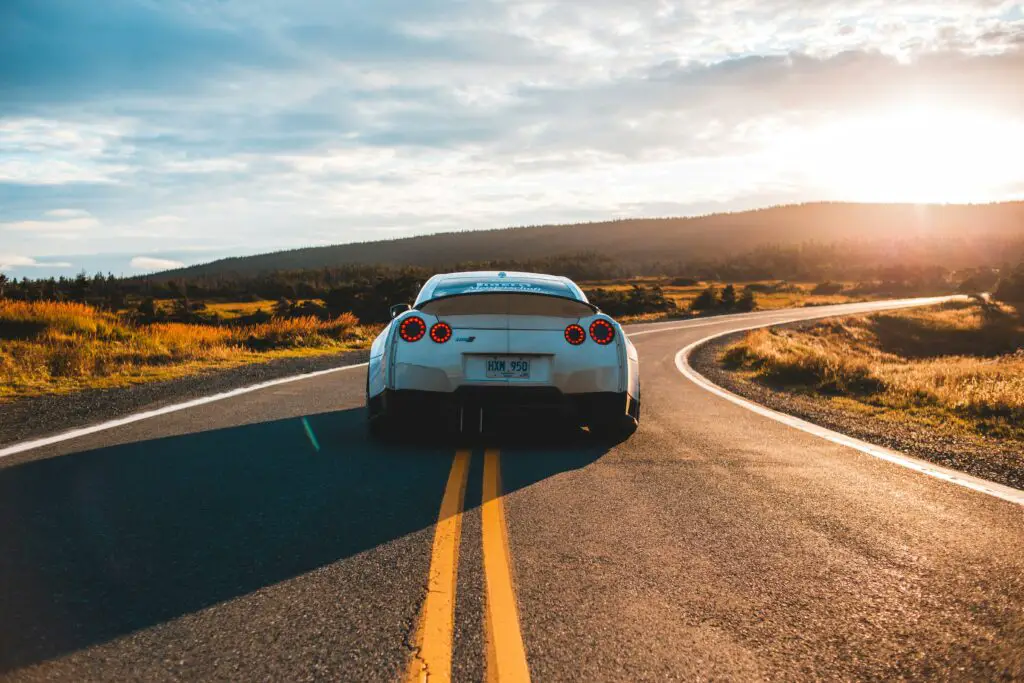Related Posts
As civilians, we all hope to be treated equally in terms of the law. We hope marginalized communities receive fair treatment and that people with authority use their authority responsibly. Although that would be a perfect world, it isn’t the case in our legal systems. Today, we will examine the difference between a traffic infraction vs misdemeanor using a wildly popular viral video.
The video in question comes from the body camera of an officer who followed a lady home after she failed to stop when he asked her to. As he is talking to the woman, she scrolls on her phone. She offers excuses for why she didn’t stop, such as her using her phone. This causes more tension between the officer and the woman.
Later in the clip, the woman is revealed to have been going 20 mph over the speed limit. When asked again why she didn’t stop for the police, she replied, “Because I didn’t want to stop on [the] road.”
Stopping With a Police Officer

For most, stopping when a police officer asks feels natural. It feels like the only option, especially during a stressful driving situation. For others, such as the woman in the video, putting up a fight feels like a better option. With that in mind, are there consequences for not stopping with a police officer?
According to attorney Ugo Lord, not stopping for a police officer can result in hefty consequences. Traffic stops generally constitute infractions under the law. Lord clarifies that infractions technically violate the law but are not arrestable offenses by any means.
The trouble arises when you fail to pull over for a police officer. Failing to stop for a police officer is a misdemeanor, which carries more significant legal consequences. Therefore, the police could have legally arrested the woman in the video for not stopping. From what we see in the clip, it appears the officer left her with a ticket or warning. In any case, understanding the legal distinctions between a traffic infraction and a misdemeanor could prevent significant trouble.
What’s The Difference Between a Traffic Infraction VS Misdemeanor?

As drivers, we must follow and uphold the rules of the road. If we forget these rules or intentionally break them, we face a variety of punishments and charges. These charges can range from minor infractions to serious misdemeanors. Let’s examine the main difference between traffic infractions and misdemeanors.
Traffic Infraction
Infractions are minor violations of the law. They are typically associated with driving and are otherwise known as traffic infractions. Surprisingly, many people commit infractions from time to time without even knowing it. Even though they are small, they do warrant some legal punishment.
Some common examples of traffic infractions include:
- Improperly parking
- Tailgating
- Failing to use turn signals properly
- Speeding
- Failing to yield to a pedestrian
- Jaywalking
Generally speaking, traffic infractions are much less serious than misdemeanors. They are not arrestable offenses and usually do not merit any jail time. Infraction law can differ by state, with some not including infractions on criminal records. In most cases, infractions result in a ticket or fine that individuals can contest. Most people choose to pay the fine; otherwise, they will require a short court hearing for an appeal.
Misdemeanors

Traffic misdemeanors are far more serious under the legal lens. They are criminal violations dictated under city, state, or federal laws. Legally, misdemeanors are more serious than infractions but less substantial than felonies.
As compared to infractions, misdemeanors can appear on your driving record. They usually warrant more extensive punishments, such as hefty fines. Depending on the seriousness of the misdemeanor, people can also face jail time as a punishment in addition to or in place of fines.
Most traffic misdemeanors involve more violence, danger, and negligence. This is why they typically result in a more significant punishment. Some examples of traffic misdemeanors include:
- Reckless driving
- Hitting another car without notifying the owner
- Failure to stop when signaled or requested
- Theft of a motor vehicle
- Fraudulent alteration of a driver’s license
Summary
No one wants to be pulled over by an officer, but we can all agree that it’s best to comply when it happens. While some road rules are straightforward and common sense, others can be more niche and specific. These rules can vary in terms of weight and seriousness. For instance, minor infractions result in a warning or a ticket, whereas larger misdemeanors can warrant jail time.
These intricacies are played out in the viral clip of the police officer and the woman who refused to stop. Although authorities didn’t punish her for it, her actions perfectly illustrate how resisting a traffic stop can quickly escalate violations from infractions to misdemeanors.

